News

- Details
The Arctic Circle Forum begins tomorrow in Rome, bringing together approximately 400 participants from more than 40 countries across most continents. The conference, which is fully booked, will take place on March 3–4 and will focus on the future of the Arctic and global polar regions.
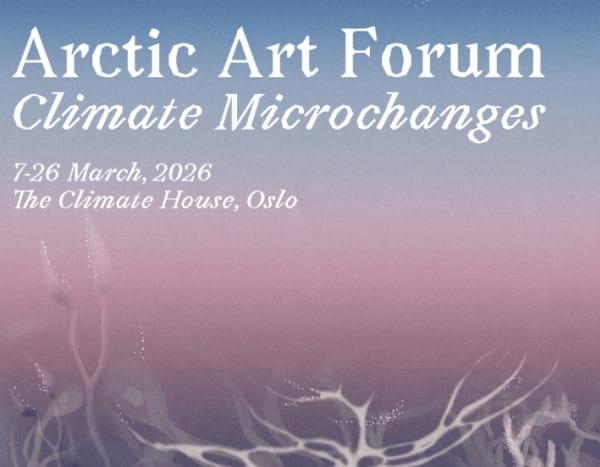
- Details
The fifth edition of the Arctic Art Forum will take place from 7–26 March 2026 at Klimahuset (the Climate House) in Oslo, bringing together artists, researchers and cultural practitioners to explore the lived realities of climate change in the Arctic.
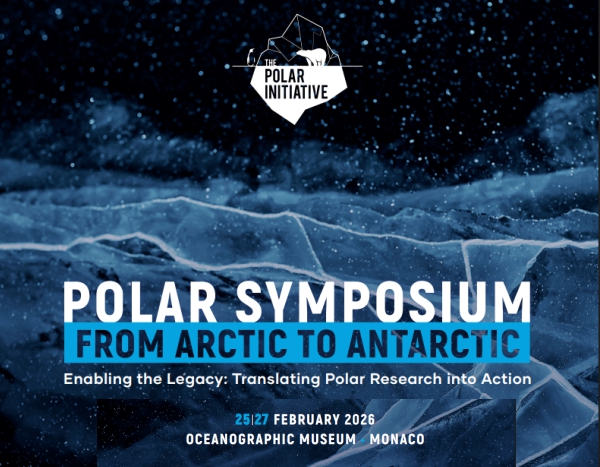
- Details
From 25–27 February 2026, the Oceanographic Museum of Monaco will once again be at the centre of global dialogue on polar science and policy, as the Monaco Polar Symposium 2026 brings together researchers, Indigenous leaders, policymakers and civil society to tackle urgent challenges facing both the Arctic and Antarctic.
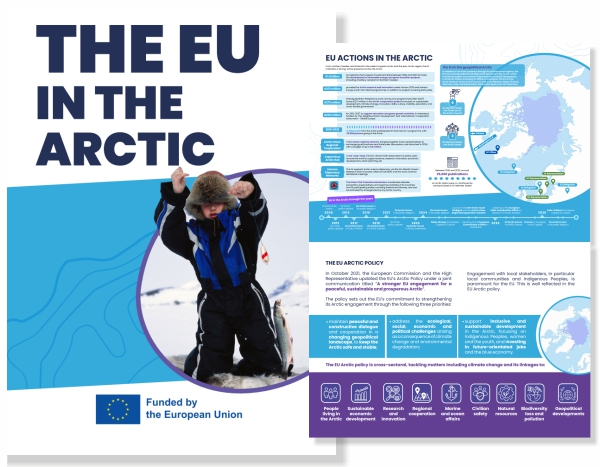
- Details
The European Union has launched a public consultation to update its Arctic Policy, responding to growing environmental, geopolitical and economic challenges in the region.
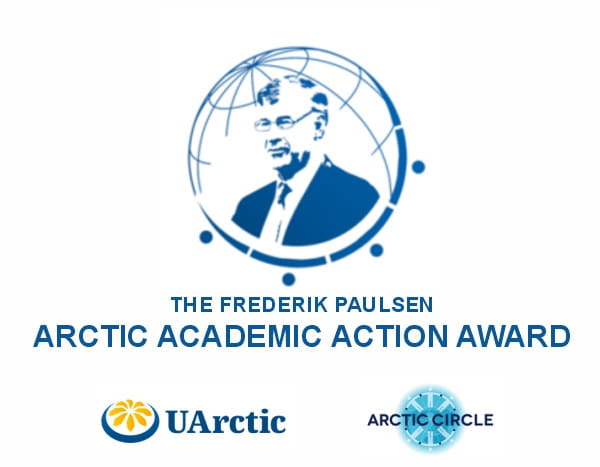
- Details
UArctic and the Arctic Circle welcome nominations for the 2026 Frederik Paulsen Arctic Academic Action Award. The Award aims to further the development of new ideas that could contribute materially to preventing, mitigating, adapting, and reversing the effects of climate change in the Arctic.
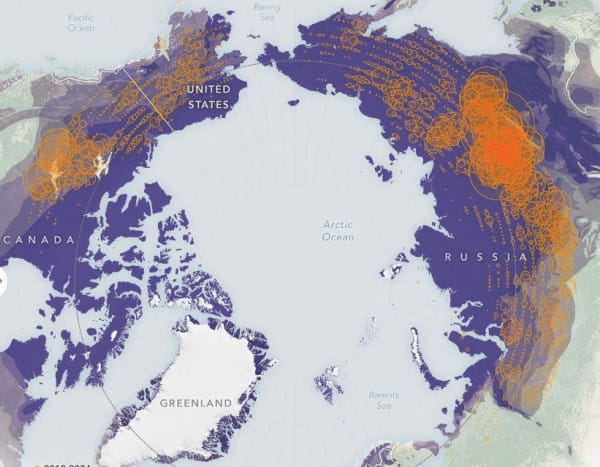
- Details
Wildfires are rapidly transforming parts of the Arctic once considered too cold and wet to burn extensively. From Alaska’s North Slope to the forests of Siberia and northern Canada, researchers are documenting a dramatic rise in fire activity, with consequences that extend far beyond the burned landscapes.
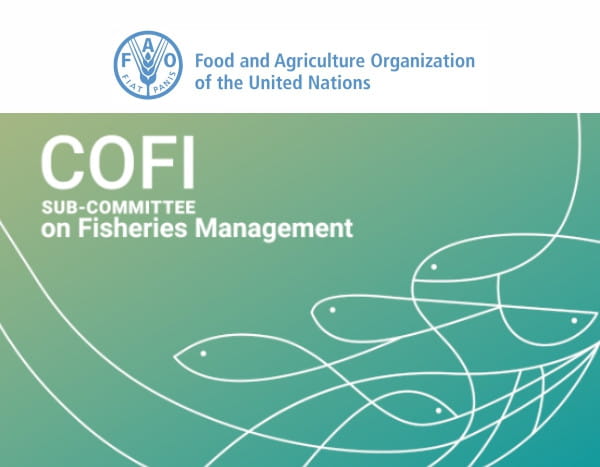
- Details
From 23 to 27 February 2026, Reykjavík will host the Second Session of the Sub-Committee on Fisheries Management, a key forum organized under the Food and Agriculture Organization (FAO) that brings together international stakeholders to address fisheries management challenges at national, regional, and global levels.

- Details
Today, February 17, 2026, marks the beginning of the Year of the Fire Horse. The Lunar New Year, also known as Chinese New Year or the Spring Festival, begins today and will be celebrated over the next 15 days, culminating in the vibrant Lantern Festival on March 3, 2026.

- Details
The Arctic Circle - Rome Forum Polar Dialogue will be held on 3-4 March 2026 at the headquarters of the National Research Council of Italy in Rome.
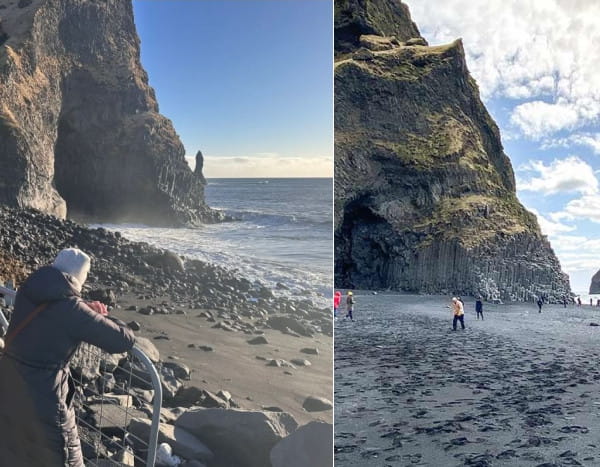
- Details
A dramatic shift in the shoreline at Reynisfjara (Black Beach), one of Iceland’s most iconic natural landmarks, has captured the attention of residents, scientists and visitors alike. Unusually strong ocean forces over recent weeks have caused extensive coastal erosion, dramatically changing the appearance and accessibility of the famous Black Beach.

- Details
Today, 6 February, Sámi communities across Norway, Sweden, Finland, and Russia mark Sámi National Day, a day dedicated to celebrating Sámi culture, identity, and shared history across national borders.
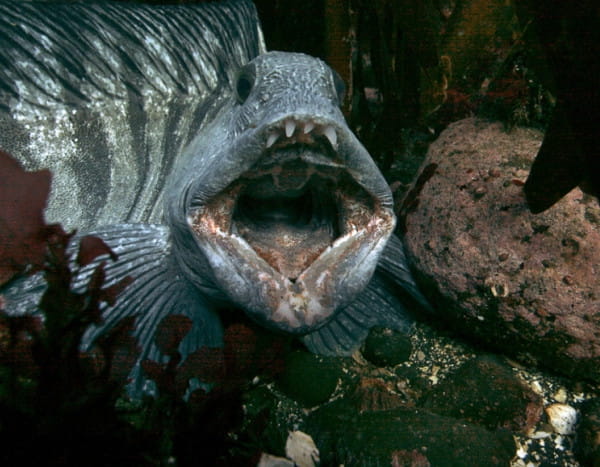
- Details
Covering more than 71% of Earth’s surface, the ocean is the planet’s largest living system. Scientists have already recorded over 200,000 marine species worldwide, yet many more are believed to remain undiscovered.
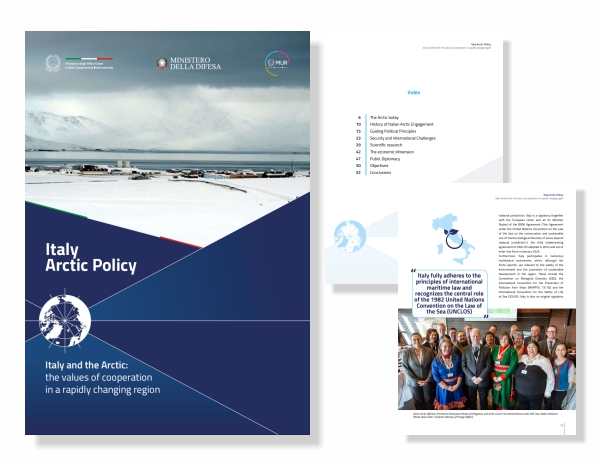
- Details
Italy has unveiled its new national strategy for the Arctic, reinforcing its long-term engagement in the rapidly changing High North and setting out priorities for cooperation, sustainability, security, and research in the region.
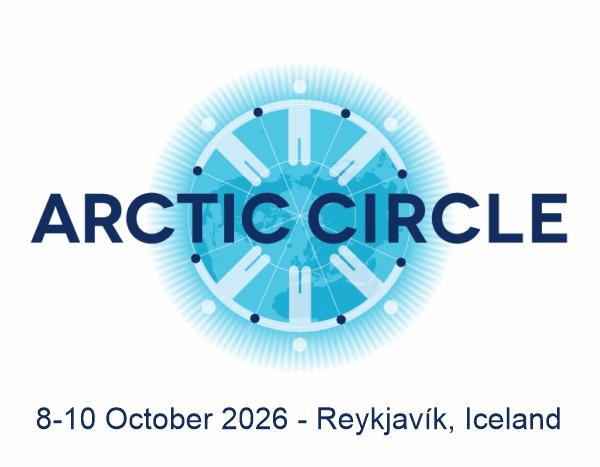
- Details
The Call for Session Proposals for the 2026 Arctic Circle Assembly is now open. The Arctic Circle Assembly 2026 will be held 8–10 October 2026 at the Harpa Conference Center in Reykjavík, Iceland, bringing together international decision-makers, experts, and Arctic stakeholders from around the world.
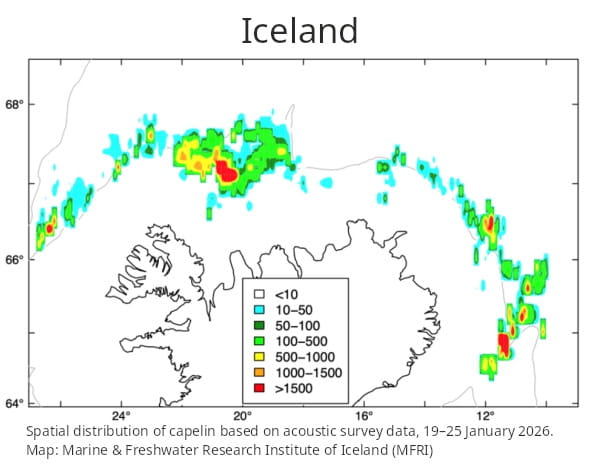
- Details
After two consecutive years of severe disruption, Iceland’s capelin fishery is heading into a markedly stronger season in 2025/2026. New results from extensive winter surveys conducted in January 2026 indicate a significantly larger capelin stock than initially expected, paving the way for a revitalized fishing season with substantial economic and social impact.
Arctic Portal.org - 2026 © All rights reserved.
When quoting, reusing or copying any material on the arcticportal.org or any of its sub-sites including but not limiting to: information, news, articles, data, maps or images, in part or in full, a citation stating the origin and a hyperlink to www.arcticportal.org is required.
